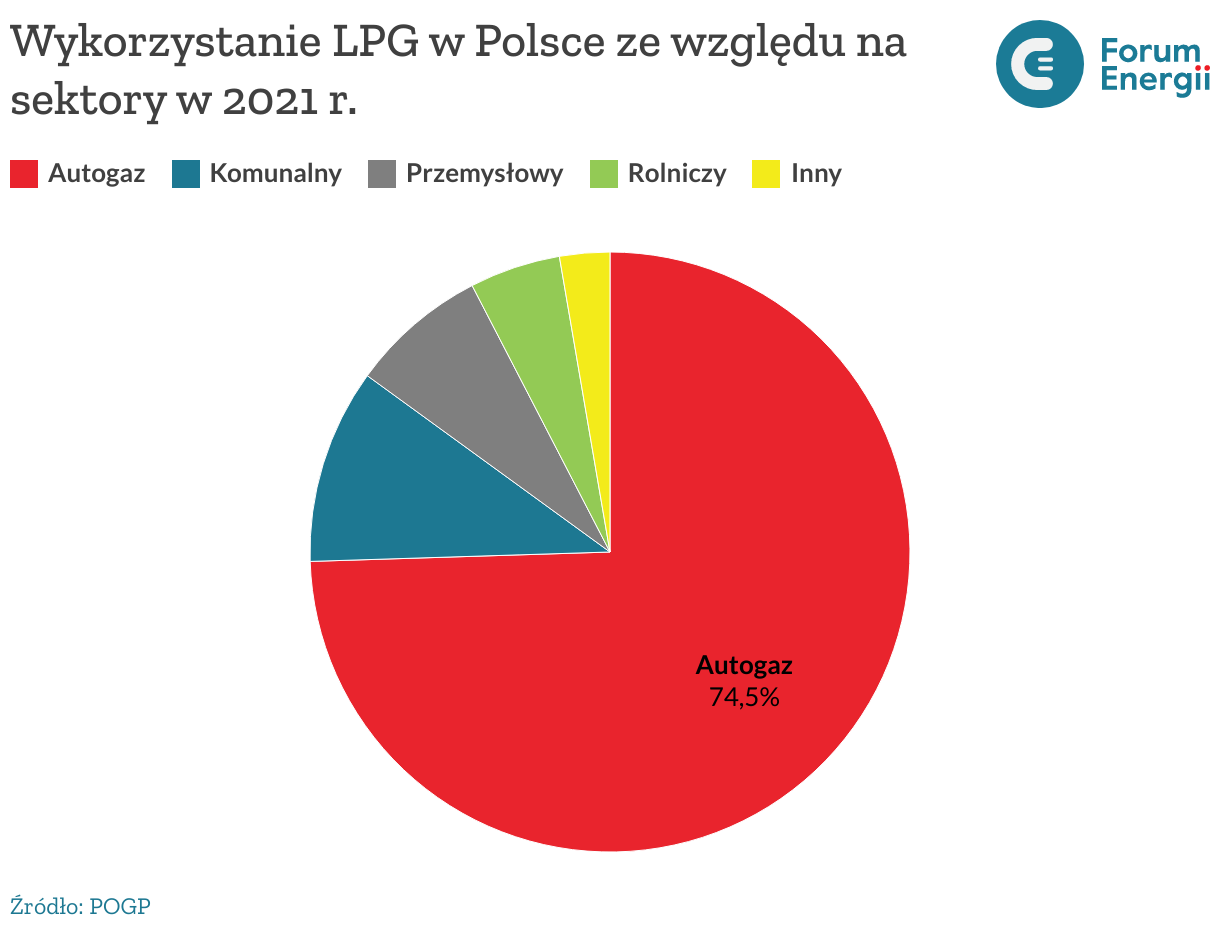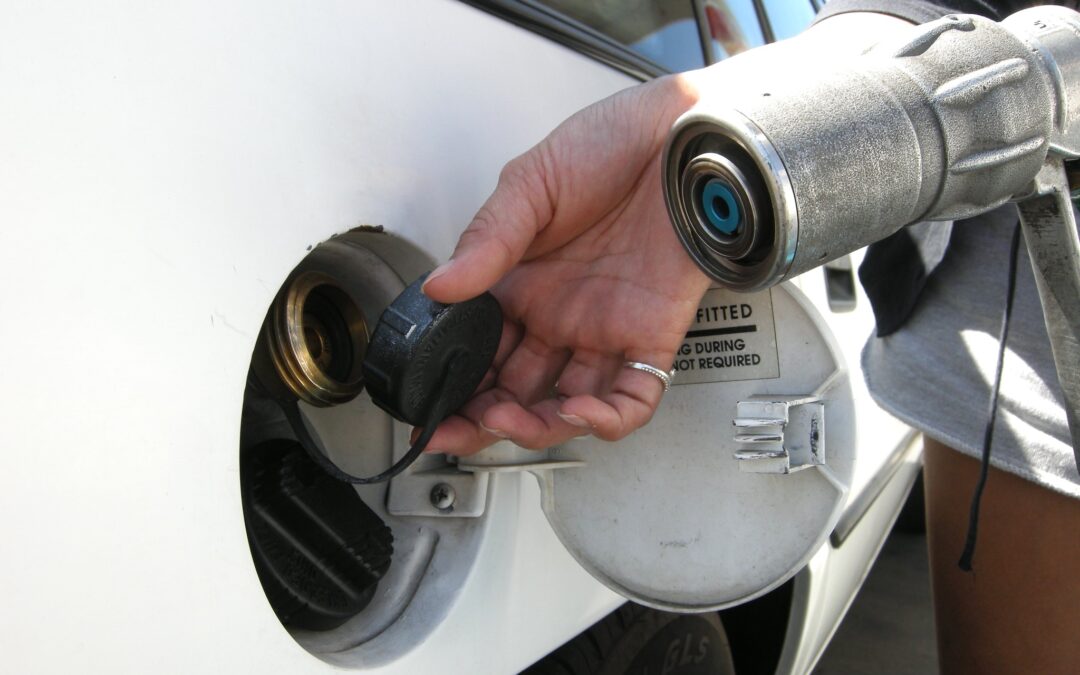The Polish opposition has proposed a ban on Russian and Belarussian liquefied petroleum gas (LPG) and called on the ruling party to “save face” by supporting it. Poland is by far the EU’s biggest importer of LPG, despite the government ending other Russian energy imports.
The proposed legislation was submitted yesterday with supporting signatures from 40 MPs representing all opposition groups apart from the far-right Confederation (Konfederacja)
According to a bill, a copy of which has been published by industry news service Energetyka24, the ban would come into force on 1 July this year. Breaching the embargo would result in fines of up to 10 million zloty (€2.17 million).
Pod projektem ma podpisać się niemal cała opozycja. #LPG #embargo #Rosjahttps://t.co/VLMkg1DrMX
— Energetyka24 (@Energetyka_24) April 19, 2023
“The direct beneficiaries of these contracts, as is easy to guess, are companies such as Gazprom, Rosneft and Sibur – either controlled by the Kremlin apparatus of power or owned by Russian oligarchs,” reads the bill’s justification.
“Needless to say, by purchasing from these suppliers, Poland is also indirectly contributing to the Russian state budget, which is used to finance the invasion of Ukraine,” it continues. “There is no doubt that the sooner Poland decides to cut itself off from LPG from the east, the sooner the situation on the Polish market will stabilise.”
In a press release sent to the Polish Press Agency (PAP), opposition MPs called on their colleagues from the United Right (ZP) ruling camp to support the proposed amendment.
Opozycja chce wprowadzenia sankcji na rosyjski gaz LPG, którego Polska jest największym importerem spośród krajów Unii Europejskiej. Posłowie Lewicy, KO, KP-PSL oraz Polski 2050 poinformowali w środę o złożeniu w Sejmie projektu w tej sprawie.https://t.co/Hjp7Av3NTi
— TVN24 BiS (@TVN24BiS) April 19, 2023
“Our appeal, in particular, goes to the MPs of the United Right,” they wrote. “Let us save the face of [Prime Minister Mateusz] Morawiecki, [minister of state assets Jacek] Sasin and [CEO of state energy firm Orlen Daniel] Obajtek and help them keep their word.”
After Russia’s invasion of Ukraine last year, Morawiecki and Obajtek announced what they described as “the most radical plan in Europe” to end Russian energy imports by the end of 2022.
Yet, while coal and gas imports from Russia were ended within that deadline, and oil supplies were significantly cut, import of Russian LPG to Poland has actually increased since Russia’s invasion. Last year, it amounted to €710 million, almost two thirds of the total spent by all EU countries combined.
The upper chamber of parliament, the Senate, where the opposition has a majority, last year tried unsuccessfully to add a ban on LPG imports to an embargo on Russian coal. Morawiecki said at the time that such an embargo would come into force by the end of 2022, but that promise was not kept and LPG imports continued.
Poland remains by far the EU's biggest buyer of liquefied petroleum gas (LPG) from Russia, despite pledging to stop such imports.
Last year it spent €710 million on Russian LPG, which was almost two thirds of the total imported by EU countries https://t.co/d1kP2RcegD
— Notes from Poland 🇵🇱 (@notesfrompoland) April 4, 2023
Around three-quarters of LPG in Poland is used as automotive fuel, a cheaper alternative to petrol and diesel. Poland has around 3 million cars that run on LPG, more than any other EU country.
Last year, Sasin warned that introducing a ban would “deprive 3.5 million Poles [who have LPG vehicles] from refuelling with cheaper fuel”.
Poland’s LPG terminals are predominantly located in the east of the country and designed to receive fuel from Russia and Belarus, which has made it harder to switch to other sources, noted the Forum Energii think tank in a report earlier this month.
Because trade policy is an area over which the EU has exclusive competence, member states in theory cannot unilaterally introduce embargoes. However, the Polish government recently did so for Ukrainian agricultural products and last year threatened to do so for Russian coal if the EU failed to act.

LPG use in Poland by sector in 2021; automotive fuel, housing, industry, agriculture, other. (source: Forum Energii)
Main image credit: David Villa/Flickr (under CC BY 2.0)

Alicja Ptak is deputy editor-in-chief of Notes from Poland and a multimedia journalist. She has written for Clean Energy Wire and The Times, and she hosts her own podcast, The Warsaw Wire, on Poland’s economy and energy sector. She previously worked for Reuters.




















